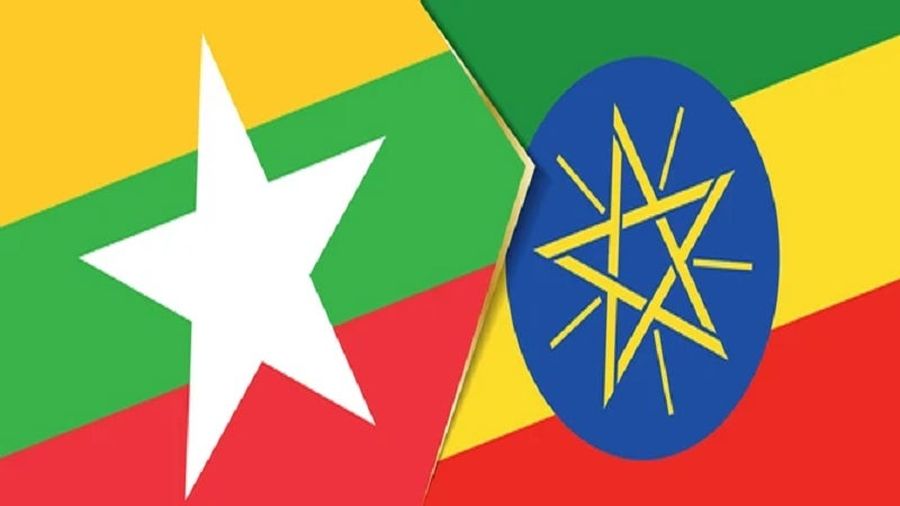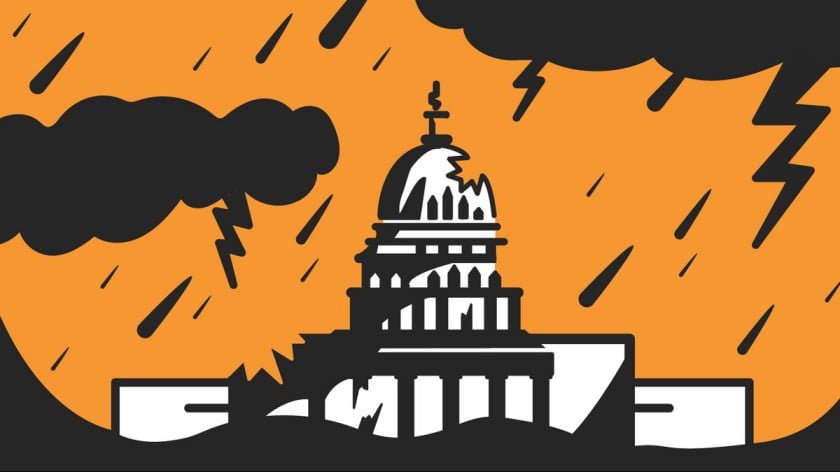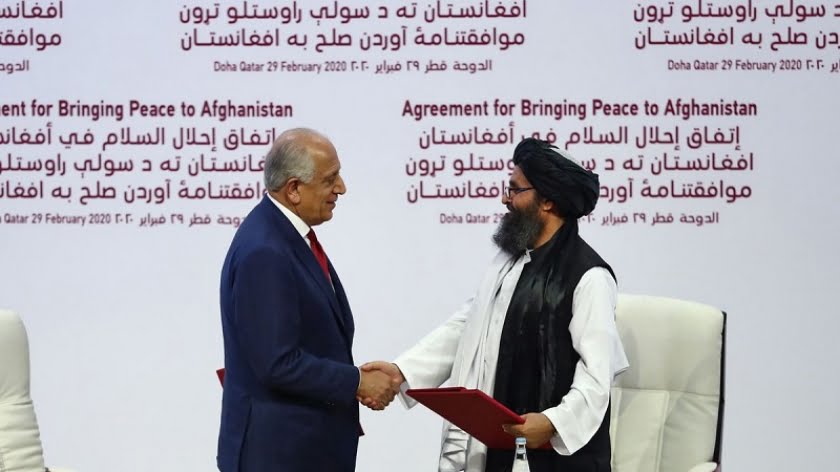What’s Behind the UN’s Double Standards Towards the Suspension of Aid in Ethiopia & Myanmar?
If the UN truly had innocent intentions, then it couldn’t in good conscience punish 20 million Ethiopians by cutting off their food aid while then complaining about Myanmar suspending their aid operations to one million people in that country.
The UN’s World Food Program suspended aid to Ethiopia after USAID did the same in response to the alleged theft of these resources, which a government spokesperson described as a “political” decision that “punishes millions of people” since around 20 million of them are dependent on this support. Several days later however, the UN expressed deep concern that over one million might suffer now that Myanmar suspended that global body’s aid operations in the country.
These double standards towards the suspension of aid in Ethiopia and Myanmar show that the UN doesn’t care about helping average people. If it truly had innocent intentions, then it couldn’t in good conscience punish 20 million people in the first while then complaining about the second suspending aid to a fraction of that amount, which is that country’s right but could still affect one million people. This contrast proves that the dispatch of aid has always been politicized.
In the Ethiopian case, the West wants to destabilize the country during its ultra-sensitive post-war period as punishment for defeating their allies in the latest conflict. This collection of countries believes that depriving a whopping 20 million people of food aid on spurious pretexts could push some of them to return to insurgency out of desperation. They also appear interested in preemptively meddling in the government’s seemingly inevitable plan to eventually resolve its myriad interregional disputes.
As for Myanmar, the authorities have traditionally suspected international aid organizations of functioning as foreign intelligence fronts for clandestinely arming anti-government forces, which could explain why they decided to suspend their operations. The UN’s alleged concern over the fate of its one million aid recipients in that country is surprising considering its lack of concern about the fate of 20 million Ethiopians, which prompts speculation that it does indeed have ulterior motives in Myanmar.
Conjecture aside, there’s no denying that global body’s polar opposite approaches to the suspension of aid in both countries. It has yet to account for the hypocrisy of voluntarily cutting off assistance to 20 million people in Ethiopia while then complaining about Myanmar preventing them from providing aid to one million people in that country. Independent journalists should therefore request that the UN finally address these double standards even if their response isn’t convincing.
In the meantime, all developing countries that rely on foreign food assistance must continue developing their agricultural industries. Ethiopia had been making impressive strides in this direction prior to the two-year war reversing a lot of its earlier progress, which is how it ended up in the position where the UN is able to weaponize aid for political reasons. If requested to do so, Ethiopia’s close partners among the Russia-India-China (RIC) core of BRICS could potentially help it repair the damage to this industry.
The second Russia-Africa Summit will take place in St. Petersburg late next month, which could present an opportunity for Ethiopia to formally make such a request if its leadership decides that it’s necessary. Russia is an agricultural superpower, but its associated exports have been hampered by the West’s unilateral sanctions regime, which created difficulties for financing and insurance. Nevertheless, the Kremlin has been doing its utmost to resolve these challenges over the past fifteen and a half months.
The Russian-Ethiopian Strategic Partnership is one of the pillars of the Kremlin’s re-energized engagement with the continent, so it therefore follows that Moscow would prioritize Addis’ request for large-scale food assistance if it’s received. Furthermore, their mutual Eritrean partner could facilitate the disbursal of such aid by letting Russian ships dock at its ports and then trucking their products over the border to neighboring Ethiopia’s conflict-ravaged regions.
The West’s official policy is to isolate Eritrea and Russia, yet it might turn out that their decision to suspend food aid to Ethiopia ends up bringing those three together in a way that could literally save millions of lives. That outcome would show the world that none of them are the so-called “rogue states” that the Mainstream Media smears them as being. To the contrary, the only rogue actor in this equation is the West, which just punished 20 million Ethiopians for political reasons.






